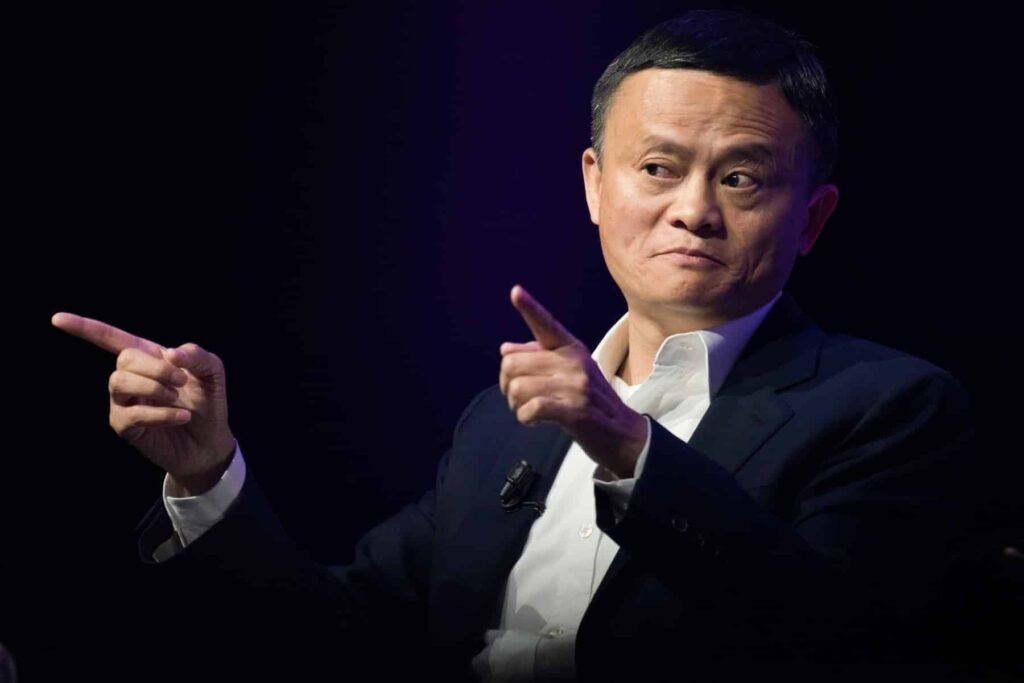Entrepreneurs are misunderstood and envied, Chinese economist Zhang Weiying wrote in a recent book. Re-understanding entrepreneurship: what it is and why it mattersEven most economists don’t understand its true function.
Zhang tells the story of a former student who was offered a high-paying job with an international company upon graduation. The student was thinking about starting a business and asked Zhang for advice. The economist asked what his parents thought of the idea. The student replied that his parents were completely against it. Zhang encouraged the student to pursue his entrepreneurial dreams. “In my opinion, any decision that your parents agree with is likely not an entrepreneurial decision.” The student followed Zhang’s advice and is now a successful entrepreneur.
I have read many books on entrepreneurship, but Zhang’s book, just published by Cambridge University Press, is the best so far. Zhang teaches at Peking University and is China’s most prominent advocate of market economy. He has been studying entrepreneurship for 40 years. Zhang correctly states that entrepreneurship should be at the heart of the economy, yet entrepreneurship is barely mentioned in most economics textbooks. But as Zhang explains, without understanding entrepreneurship, we can never hope to understand the market economy.
Many economists see entrepreneurs as people who, like calculators, rationally decide how to best use limited resources. But this perception more accurately describes the characteristics of managers. In contrast, entrepreneurs are like creative artists. They usually make decisions based on intuition or instinct. But intuition is never irrational or even mystical. In learning theory, intuition is called “tacit knowledge” and is the result of “tacit learning”. Tacit knowledge is acquired through practical experience, that is, “learning by doing”.
Alibaba founder and Chinese entrepreneur Jack Ma famously said, “You don’t need to study for an MBA. Most MBA graduates are useless. It will only be useful if you come back from your MBA and forget what you learned in school. Because school teaches you knowledge, but starting a business requires wisdom. Wisdom comes through experience. Knowledge comes through hard work.”
Intellectuals believe that academic knowledge learned in universities and books is what really matters. But if success in business depended solely on academic knowledge, business professors would be the richest and most successful entrepreneurs. I have met hundreds of entrepreneurs, some of whom have founded huge companies and made billions of dollars without ever having studied at a university. They all told me that their most important decisions are made by intuition. This is also the result of my doctoral dissertation on the psychology of the super-rich, and is frequently mentioned by Zhang.
Entrepreneurs are, above all, opportunity seekers and opportunity discoverers. They see opportunities that others don’t. Entrepreneurs are often non-conformists who swim against the current and are misunderstood by everyone. According to Zhang, the general public doesn’t understand what entrepreneurs actually do and how they make money.
What’s worse is that intellectuals think they are intellectually superior to entrepreneurs because they read more books. Many people think that intellectuals are especially smart people, but Zhang challenges this idea with a quote from George Orwell: “Some ideas are so stupid that only intellectuals can believe them. Ordinary people cannot be so stupid.” The greatest disasters of the 20th century were caused by ideas supported by a large number of intellectuals. Many intellectuals even openly praised dictators like Mao Zedong and Stalin.
So it is no coincidence that the most radical socialist experiment in history, Cambodia’s Khmer Rouge regime, was conceived in a Paris university where its leaders were studying for doctorates in Marxism. They believed that the perfect economic and social system could be designed on a blueprint. As a result of this experiment, between mid-1975 and early 1979, between a fifth and a quarter of Cambodia’s population died – an estimated 1.6 million to 2.2 million people.
But anti-capitalism is less widespread among Chinese intellectuals than it is in the West, according to Zhang: “Perhaps that’s because Chinese intellectuals have lived under a planned economy for more than 20 years. Memories of hunger and scarcity under the planned economy are still fresh for them, whereas Western intellectuals have never experienced life under a socialist planned economy.”
Rainer Zitelmann is a historian and sociologist. His publications include: The power of capitalism and How a nation can escape poverty.
If you would like to be considered for publication, please send your comments to letters@reaction.life.

